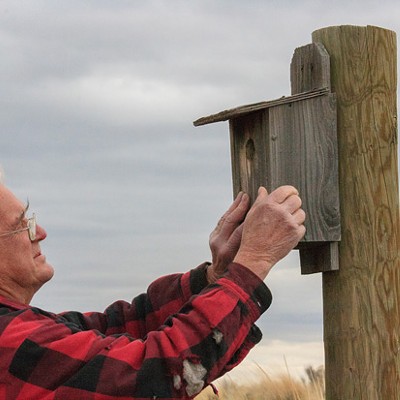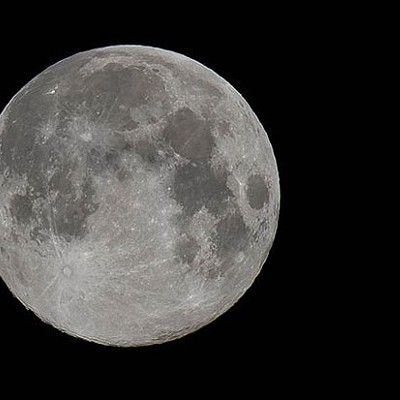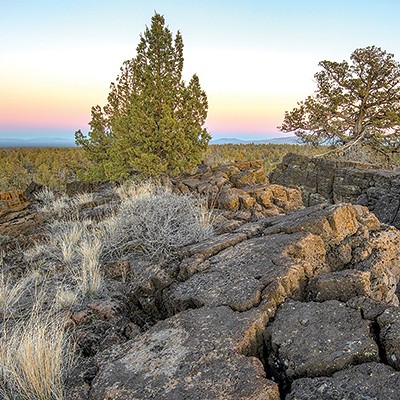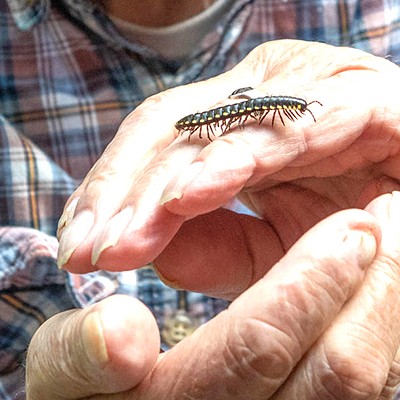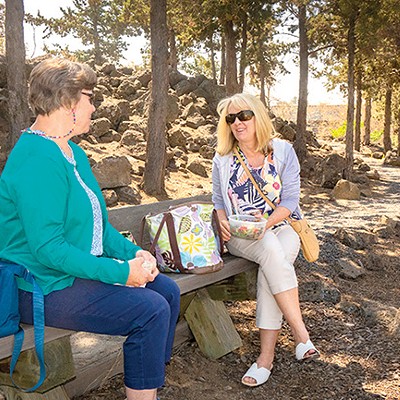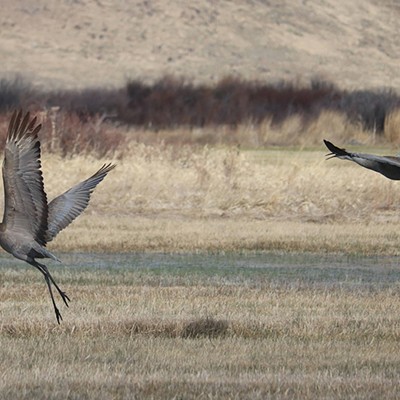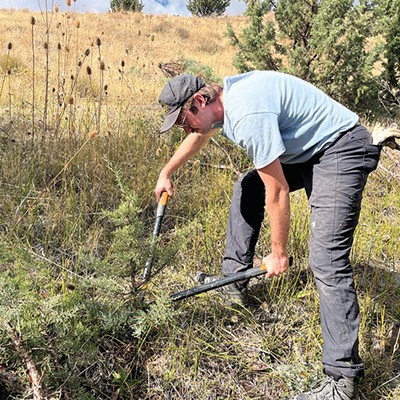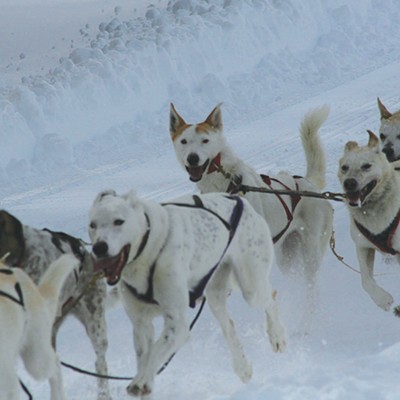When I was a kid, "growin' up on the farm" in Connecticut, my uncles and I had a Thanksgiving tradition of going waterfowl hunting early that morning. When we had our limit in Black Ducks—the East Coast equivalent of our Mallards— we'd return home mid-afternoon, clean our ducks and prepare them for my grandmother and her daughters to cook (one of whom was my mom).
We'd sit down to our waterfowl meal—along with home-grown veggies, fresh baked bread and homemade ice cream laced with homegrown canned raspberries, and at times, apple pies. For a real treat, my grandfather often skimmed the cream off the milk (from the cows I helped to milk) and we'd top off the pie with fresh whipped cream.
One day, during the Great Depression, after again ruining my school shoes tromping around in Allspaugh's Pond after turtles and frogs, my dad warned me he'd never buy me a pair of shoes again if I ruined the new ones he just purchased for me. It took me about a week to destroy the news shoes, and my dad kept his word.
When the need for new shoes arrived my grandfather suggested I get into the skunk trapping business, as skunk fur—at that time—was enjoying a good price on the fur market.
The striped skunk, (mephitis mephitis) was a common visitor to our farm and got into all kinds of trouble; eating chicks, chickens and eggs; digging up veggies; and of course, causing a horrifying stench when the barn cat or dog pushed it too far.
Grandpa—whom we lovingly called "Puffy" because of the stinky pipe he puffed on endlessly—taught me how to trap, skin and prepare the hides to sell when the fur-buyer visited our place in the spring. It worked better than we'd planned; not only did I have the cash for a new pair of shoes, but I also ended up with enough money to buy a brand new Winchester single-shot .22.
I've shared these wonderful old memories with you to show I'm not against fur-trapping and hunting when it comes to keeping one's self in clothing and food. However, trapping and hunting wildlife for family fun is, in my opinion, something our society and wildlife resources don't need. It is—to me—on the par of enjoying our native yellow-bellied marmot just for "target-practice." And a recent incident dreamed up by a bunch of so-called "sportsmen" in Idaho to kill wolves for the fun of it made me want to gag.
Last year—on the 40th anniversary of the Endangered Species Act—wolf enemies in Idaho sponsored a carnivore-killing contest on public lands around Salmon, Id. When WildEarth Guardians heard about the planned event, they immediately went to work to stop the killing contest and convince the Bureau of Land Management (BLM) to prohibit the event on public lands it administers.
Unfortunately, the killing of wildlife sometimes takes on a direction that's a little hard to swallow, or find within the limits of a "sportsman ethic." That small anti-wolf group in Idaho that wanted to make a game of killing wolves on our public lands is like the operators of the Hampton store and cafe years back who wanted to start a rattlesnake killing contest.
The rattlesnake contest never happened—thankfully—and the recent, fun-packed family wolf hunt was turned down by the BLM in Idaho.
The event's sponsor claimed its disgraceful and mindless persecution of wolves and coyotes was to be a "family event," intended to get kids outdoors. Interior Secretary Sally Jewell has said she wants to use her power as Interior Secretary to get more kids outside. The Guardians hoped this wasn't what she meant—massacring wildlife and calling it "family fun."
Wildlife killing contests ignore science and perpetuate false stereotypes about important species like wolves and coyotes that play essential roles in healthy, vibrant ecosystems. Bringing the wolf back to Yellowstone has proved that over and over in many ways.
Yes, a few of the wolves that have been straying from Yellowstone have caused problems in the livestock community, but to use that minor disturbance as justification for a mass slaughter and a "family" killing contest is nothing short of absurd, and the BLM took appropriate action by denying the permit.
Though the BLM and U.S. Forest Service are responsible for protecting the health and integrity and use of our public lands, those same agencies would have been aiding and abetting the bloodshed by granting a five-year recreational killing permit.
BLM's action to remove the event from reality—in which its sponsors wanted to pile up as many bodies as possible and as fast as possible—protected wildlife on some of the wildest and most scenic federally managed public lands in the country. The Guardians and all thoughtful wildlife advocates are overjoyed the BLM halted the potential recreational killing of ecologically vital apex carnivores like wolves and coyotes.
In my book, the BLM's denial of the recreational killing of wolves and top predators is an important step toward bringing about a compassionate and scientific approach to coexisting with native wildlife in the West.

